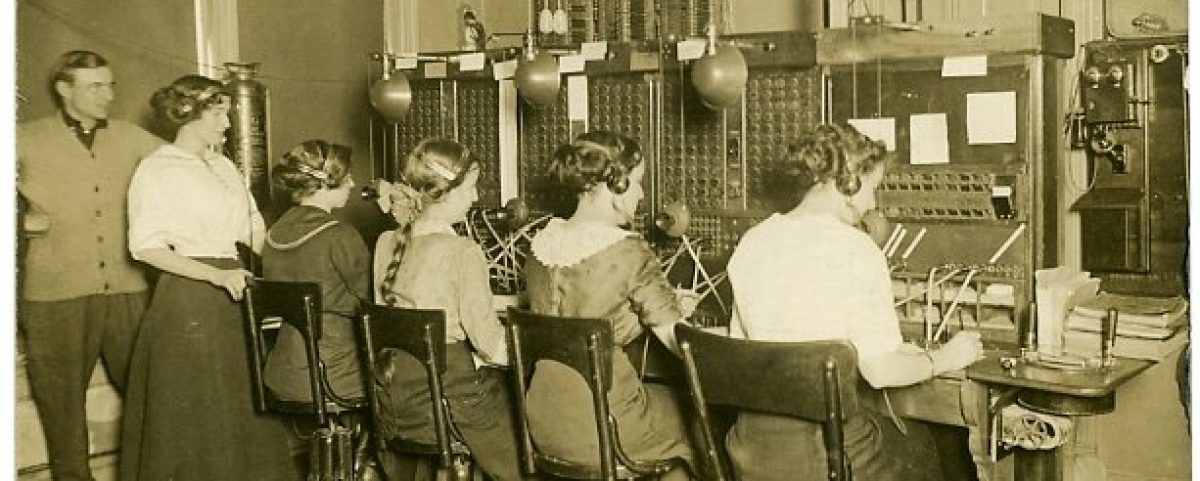When war came to the shores of the Chesapeake, what was it like for everyday citizens and local militiamen, as well as slaves, freedmen, and women? That question was examined in a program on Feb 1st at Harford Community College, as I drew on original stories of underrepresented groups and the narratives of everyday people who aren’t talked about in the history books. I’ve found that there is a growing interest in the accounts of ordinary residents, the ones who didn’t or couldn’t grab the front page of the newspaper or chapters in a textbook.
That’s one of the things I’ve done with this War of 1812 program is get away from those big stories, the often told perspectives, while sharing the chronicles of the ordinary person in that troubling time on the Chesapeake. How did a lowly militiaman experience the horror of having their homeland being on the front line right here? What were the implications of possibly having Royal marines storm into your village in the darkness of midnight? What did families think about in those terrifying days in the spring of 1813? What about the stories of others such as freedmen and slaves?
These are the kinds of questions best answered by the words of people who lived it as found in surviving letters, diaries, and others manuscripts. I’ve been working on drawing on their stories, rather than those people know about such as New Orleans, the British burning of Washington or the Battle of Baltimore. There’s room for both, but it’s good to let underrepresented voices present the past too.
The initial delivery of this fresh perspective based on first person accounts was well received and there’s been lots of positive feedback.
